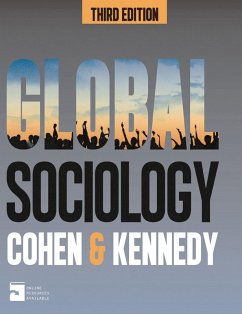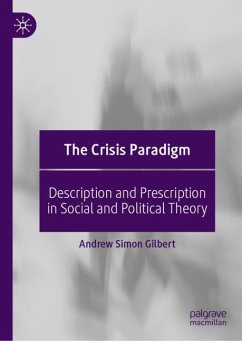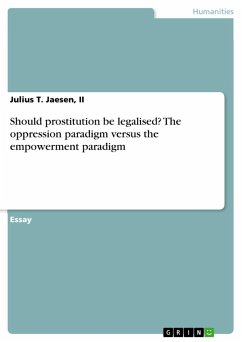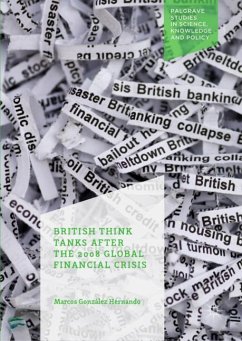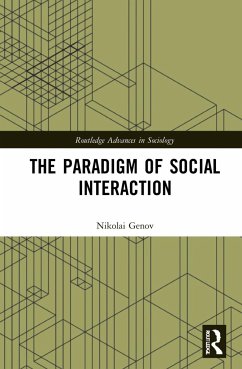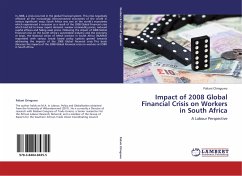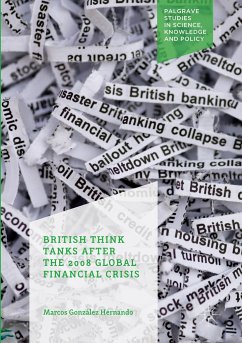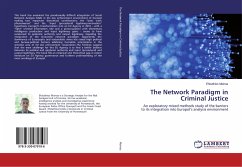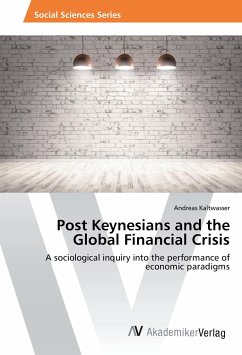
Post Keynesians and the Global Financial Crisis
A sociological inquiry into the performance of economic paradigms
Versandkostenfrei!
Versandfertig in 6-10 Tagen
19,99 €
inkl. MwSt.

PAYBACK Punkte
10 °P sammeln!
What defines Post Keynesian Economics and why have so few people heard about it? Leading up to the Economic Crisis of 2008, this school of economic thought had been strikingly absent from economic education, textbooks and discourse. However, with a focus on debt, investment, money, business cycles and their respective interrelations, Post Keynesians were arguably better equipped to predict - and make sense of - the crisis itself. From this follows the main question of this work: "Did the crisis have an impact on Post Keynesian Economics?" The author combines both quantitative and qualitative r...
What defines Post Keynesian Economics and why have so few people heard about it? Leading up to the Economic Crisis of 2008, this school of economic thought had been strikingly absent from economic education, textbooks and discourse. However, with a focus on debt, investment, money, business cycles and their respective interrelations, Post Keynesians were arguably better equipped to predict - and make sense of - the crisis itself. From this follows the main question of this work: "Did the crisis have an impact on Post Keynesian Economics?" The author combines both quantitative and qualitative research techniques in his effort to answer said question. The former consists mainly of Impact Factor Analysis, the latter of interviews with the economists Gary A. Dymski, Dirk Bezemer and Steve Keen, as well as the historian of economic thought Bertram Schefold.



